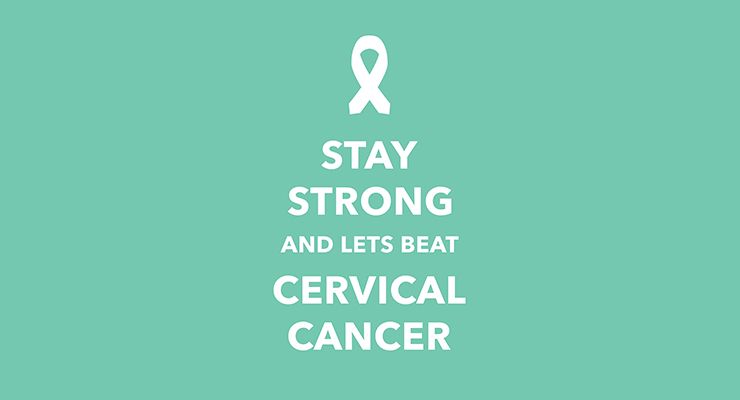
Cervical cancer, mainly caused by Human Papillomavirus infection, is the leading cancer in Indian women between 15 to 44 years of age. Though prevention vaccination is available but still there are loads of misconceptions regarding this cancer so here is the truth behind the myths
Myth 1: Women who do not have a family history of Cervical Cancer can’t get affected by it
People believe that this cancer is in the genes so if its not in the the family no other member can get effected by it. Truth: The HPV infection spreads through sexual contact also, so one needs to take the preventive measures and get the Pap tests( it is a screening procedure for cervical cancer) done.
Myth 2: Cervical Cancer can’t be prevented
Up to 93% of cervical cancers are preventable. Going through Pap tests you can determine the changes in the cells of the cervix. .
Myth 3: Pap tests needs to be done every year
The schedule you need to get it tested is once in three years in women between 21 and 29 years of age and for women between 30 and 64 years of age, it is once in every five years.
Myth 4: Women who already had hysterectomy needs no tests
Irrespective of if you have had the hysterectomy or not, you need to undergo a screening for cervical cancer.
Myth 5: If you do not have symptoms no need to get tested
There are generally no symptoms of this infection in most cases and even some risky cervical cancers symptoms go undetected until the development of abnormal cells. Therefore, it is necessary to go for a regular checkup as per your scheduled time.
Myth 6: Pelvic Exam is same as Pap test
Pelvic Exam is associated with the physical examination of the pelvis and vagina, but on the contrary in Pap Test, the cells from the cervix are gently scraped away and examined for its abnormal growth.
Myth 7: Its treatment causes infertility
With advances in medicine and treatments, a woman can conceive after its treatment as only the cervix is removed and not the uterus.
Myth 8: Condoms completely protect against HPV
It is true that condoms can prevent sexually transmitted diseases but for HPV it might not help as its virus inhabits areas that condoms doesn’t cover.